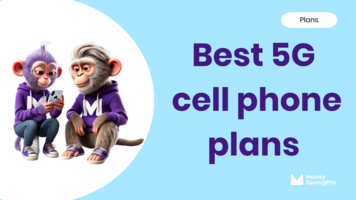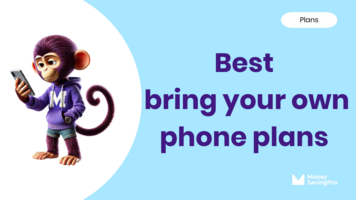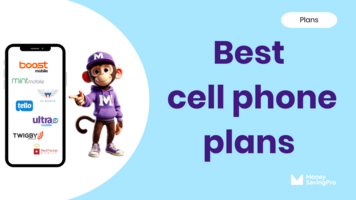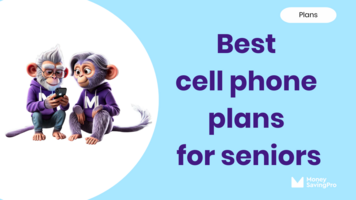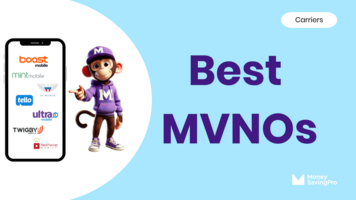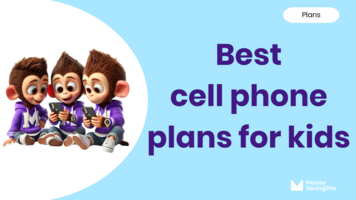
Highlights
- For years, the Big Three carriers have been tempting consumers with the promise of 'free' phones when they sign up for 'unlimited' plans.
- These deals often come with specific conditions and commitments that could impact overall cost and flexibility.
- A $10M payout by carriers was agreed upon, but any wrongdoing is being denied.
- It's crucial for shoppers to understand the ins and outs of these promotions to avoid unexpected expenses.
You don't have to look hard to find one or more of the three major wireless providers aggressively promoting free phone offers linked to their unlimited data plans.
While appealing at first glance, these promotions have various terms and conditions that could have significant implications for consumers.
If it seems too good to be true, then it probably is.
Each carrier presents a slightly different version of the 'free phone' deal, generally requiring customers to commit to an unlimited plan.
'Free' isn't really free
These plans often involve a multi-year service agreement. The cost of the phone is credited back to the customer over a 24 to 36-month period.
The catch? If you want to switch carriers before the end of the agreement, you must pay off the phone's remaining balance, which can be quite substantial.
Additionally, these offers are often contingent on good credit and other qualifying factors like trade-ins of old phones.
'Unlimited' isn't really unlimited
In an attempt to remain competitive, many wireless carriers have been presenting plans as unlimited.
The fact remains that most unlimited plans do have limits, which you can typically find in the fine print.
Under the magnifying glass, you can read that users can experience slower speeds and reduced quality once the data cap is met.
The $10 million settlement involves not only the Big Three but also the old-school MNVOs Trafone and Cricket Wireless since they employ the same misleading strategies.
The new generation of MVNOs is committed to transparent pricing and deals that save customers money rather than trick them.
Read more: Best-value MVNOs
T-Mobile and Verizon will pay the lion's share, about $4M each, and AT&T will chip in the last $2M.
My take: Consumers are waking up to the deceptive practices of Big Wireless
Let's face it - $10 million (about $200K per state) is a drop in the bucket for these multi-billion dollar companies.
I wonder how much they made of these victims?
It's clear that this investigation wasn't about the money; it was about the principle.
This isn't the first time in the last few months that some light has been shed on these types of misrepresentations to consumers.
Read more: FCC takes aim at hidden cable TV fees
Other big corporations are being called on the carpet for the same deceptive advertising tactics and shady practices.
The bottom line? You, the consumer, have the power to choose. You no longer need to tolerate misleading ads, false claims, or empty promises.
Check us out at MoneySavingPro.com for help reading between the lines of the confusing telecoms world.
Follow us on Facebook, X, and TikTok for the latest developments, money-saving tips, and expert advice on making the most informed decisions in the mobile carrier space.
